Wei-I Lee (ed.)
Voices of Photography no.25 - Surveillance: Technocapitalism and its discontents
Voices of Photography no.25 - Surveillance: Technocapitalism and its discontents
Couldn't load pickup availability
Welcome to 2019, a dazzling era of digital alienation as this century accelerates into its second decade and the world enters a new state of governance. The glorious information society and visions of a digital citizenry advocated by technocapitalism have integrated into leaders of technology application and Internet social enterprises. We find ourselves hooked on the constant slogans of convenience, pleasure and security, allowing our every move to be monitored while being dragged into a whirlpool whose flow is controlled by an unrecognizable mechanism of algorithm, review and scoring, thereby ensuring that the real world operates in accordance with established political and business powers. As data transforms itself from a by-product of network technology to become the main purpose behind the development of technological capitalism, how do we build the ability to resist domination as we turn from ‘users’ to ‘data (images)’?
In this issue of Voices of Photography, Chieh-Jen Chen rings the alarm on the pervasive control of the current political economy of science and technology, seeking a path of thought towards a way out before the descent of an existential crisis and a new caste system. Italian artist Paolo Cirio strikes back at the abuse of personal data resulting from Internet mercantilism through social practices of active interference and confrontation, using art forms that teeter on the edge of law. As a pioneer of Internet art, Shu-Lea Cheang will be representing Taiwan at the 58th Venice Biennale with “3×3×6”, an extension of Jeremy Bentham’s concept of panopticon. Hacking into the “data panopticon” of a contemporary prison using 3D image scanning, facial recognition technology and mobile applications, a cross-domain and liberated sci-fi heterotopia opens up. At the same time, we have also invited imagery researcher Chien-Hung Huang and new media artist Ya-Lun Tao for an in-depth discussion to analyzing the complex relationship between surveillance structures, imaging technologies and human desires.
Readers will also find a number of essays in this issue: Shih-Lun Chang reveals the political element hidden in photography as he takes a look at the regulatory issues that were sparked from the image of an escaped migrant worker in Yu-Hsien Su’s video work, and the first large-scale identity card photoshoot in the photography history of Taiwan; Song-Yong Sing analyzes the institutional discipline of vision through the images of Shih-Ke Lee, the first bank robber in Taiwan in the early 1980s, that were caught on a surveillance camera, and the video artworks by Chung-Li Kao and Chieh-Jen Chen; Yi-Shan Shih continues to contemplate and predict a future that is dominated by the new digital wave through her Internet social ecological experiments and identity inventions; Gu Zheng explores the early development of espionage surveillance technology through image files left behind by the East German secret police during the Cold War; Chang Wei ponders the dialectical relationship between technology application and control as she looks at contemporary art that consciously reflects the system of surveillance.
The “Photobook Making: Case Study” series enters the “Editing” phase. We have a special interview with Michitaka Ota, the founder of the renowned Japanese photography publishing house, Sokyu-Sha, who is also an experienced image editor, and follow him in action at image editing work. Meanwhile, the “Image Hong Kong” section discusses the interpretation of the photographic history of Hong Kong’s first photographer in the early 19th century.
2019’s significance as a year is because it exists for the political power mapping of 2020. As cyberspace turns into a crucial battleground for strategists, the desire for control that comes with power will also trigger a new wave of social implications brought about by Internet technology. In these volatile times when politicians are becoming Internet sensations and trying to turn citizens into netizens, we will be preparing to face never-before-encountered situations in an atmosphere of joyful theatrics.
Author: Wei-I Lee (ed.)
Editor: Wei-I Lee, Lili Chien, Hanyu Chen, Yosuke Ishizuka
Publisher: VOP Co., Ltd.
Contributor(s):
Year: 2019
Pages: 112
Language: English and Chinese
ISBN:
Size: 19 x 25.5
View full details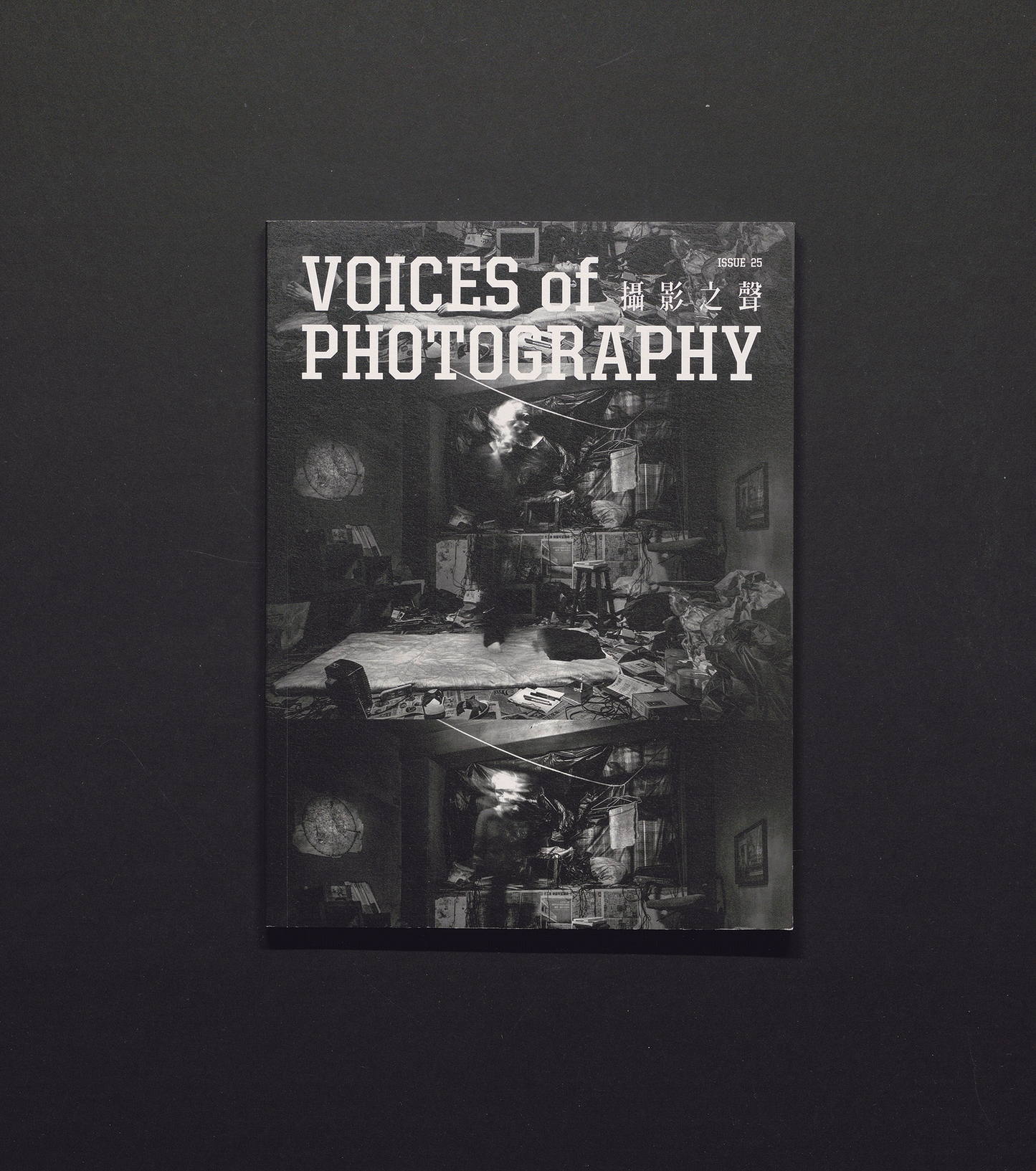
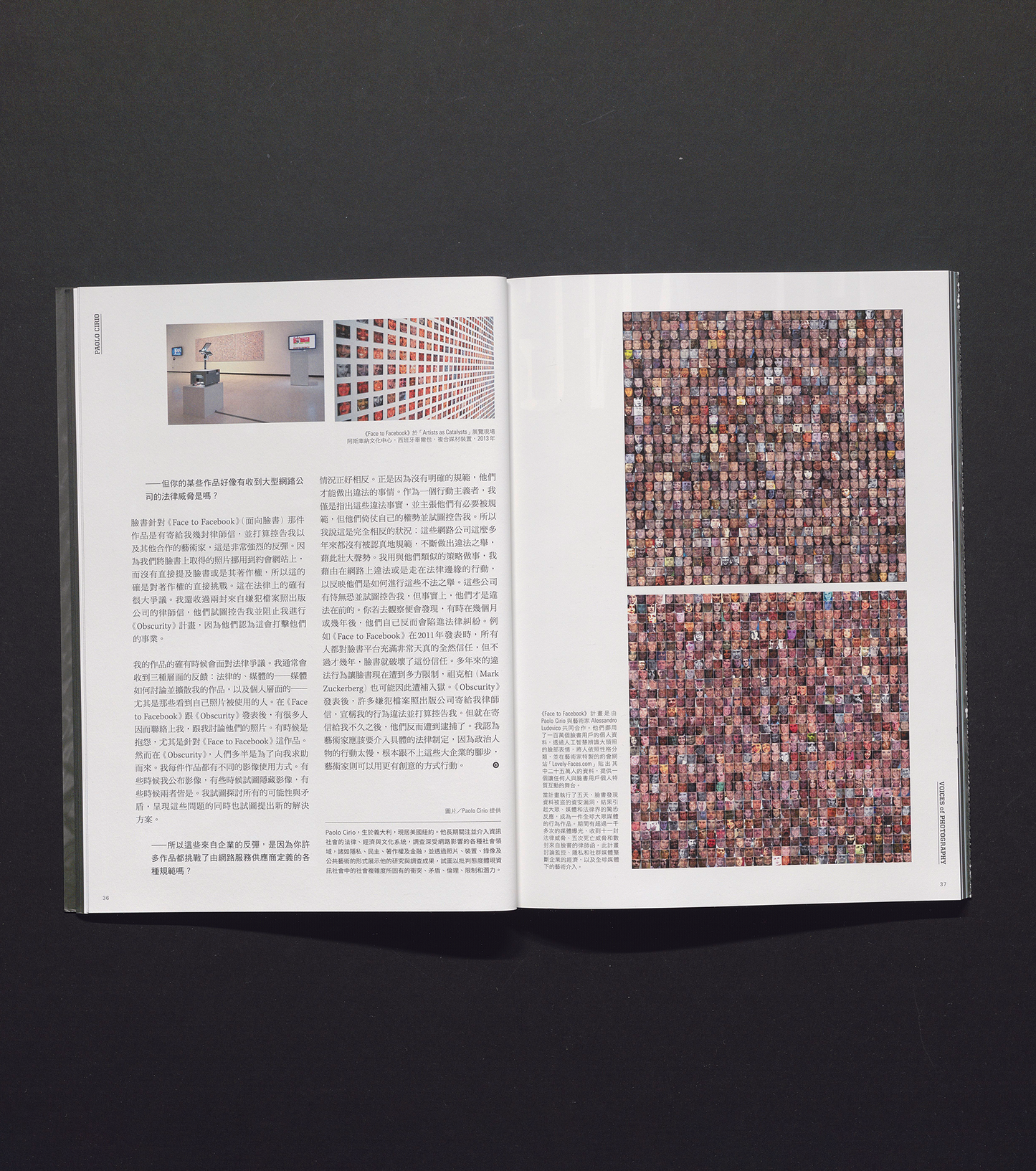
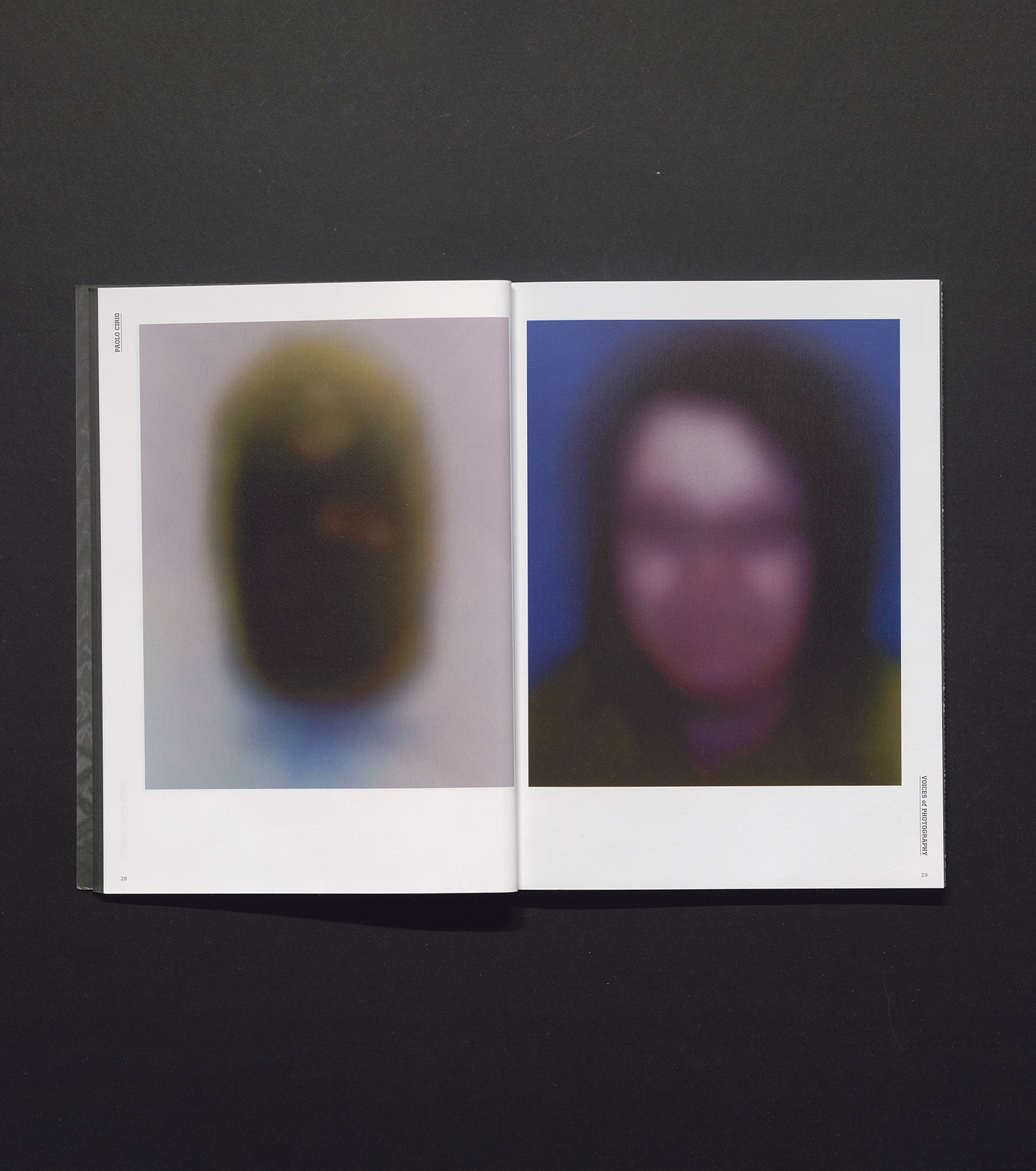
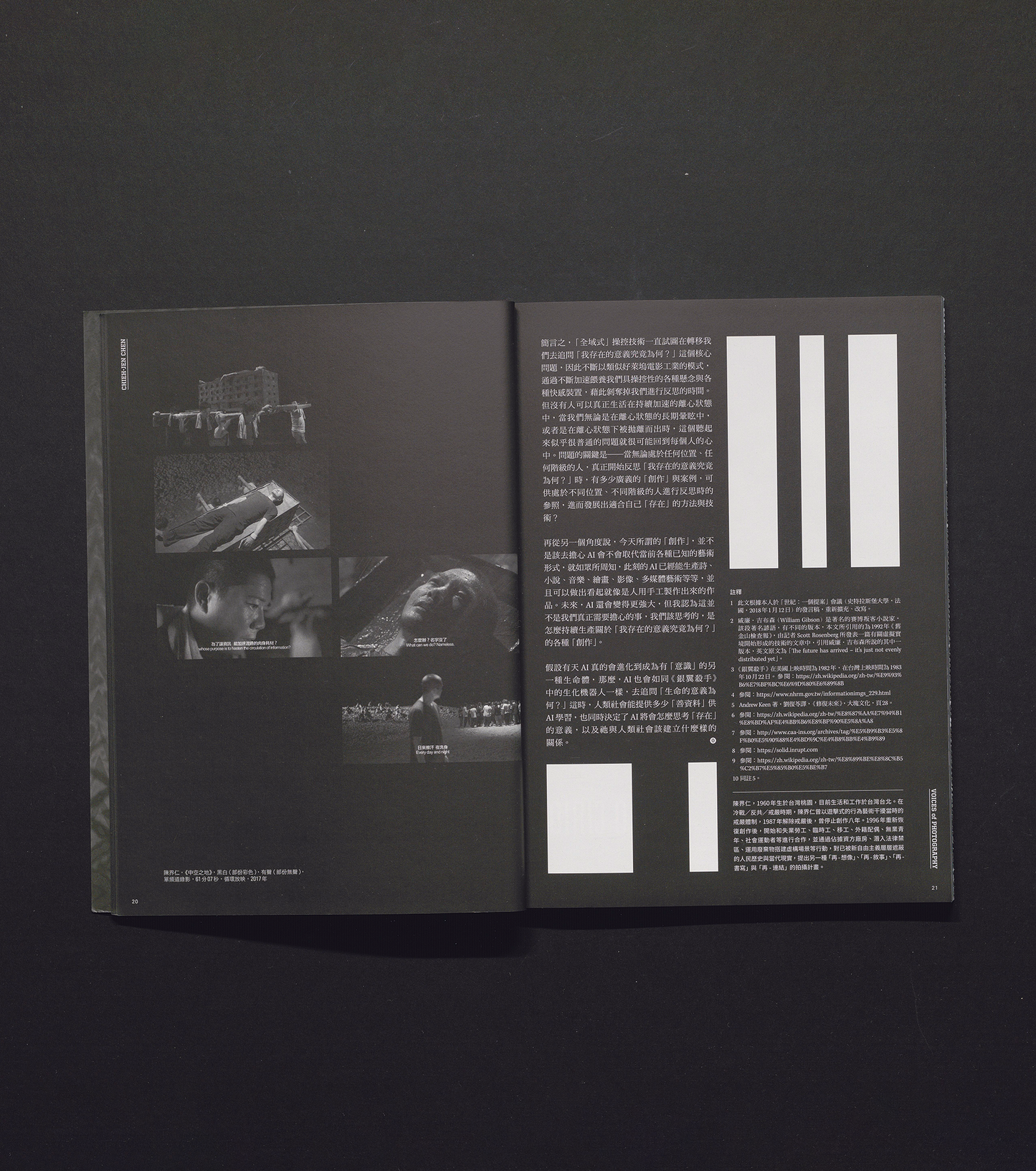
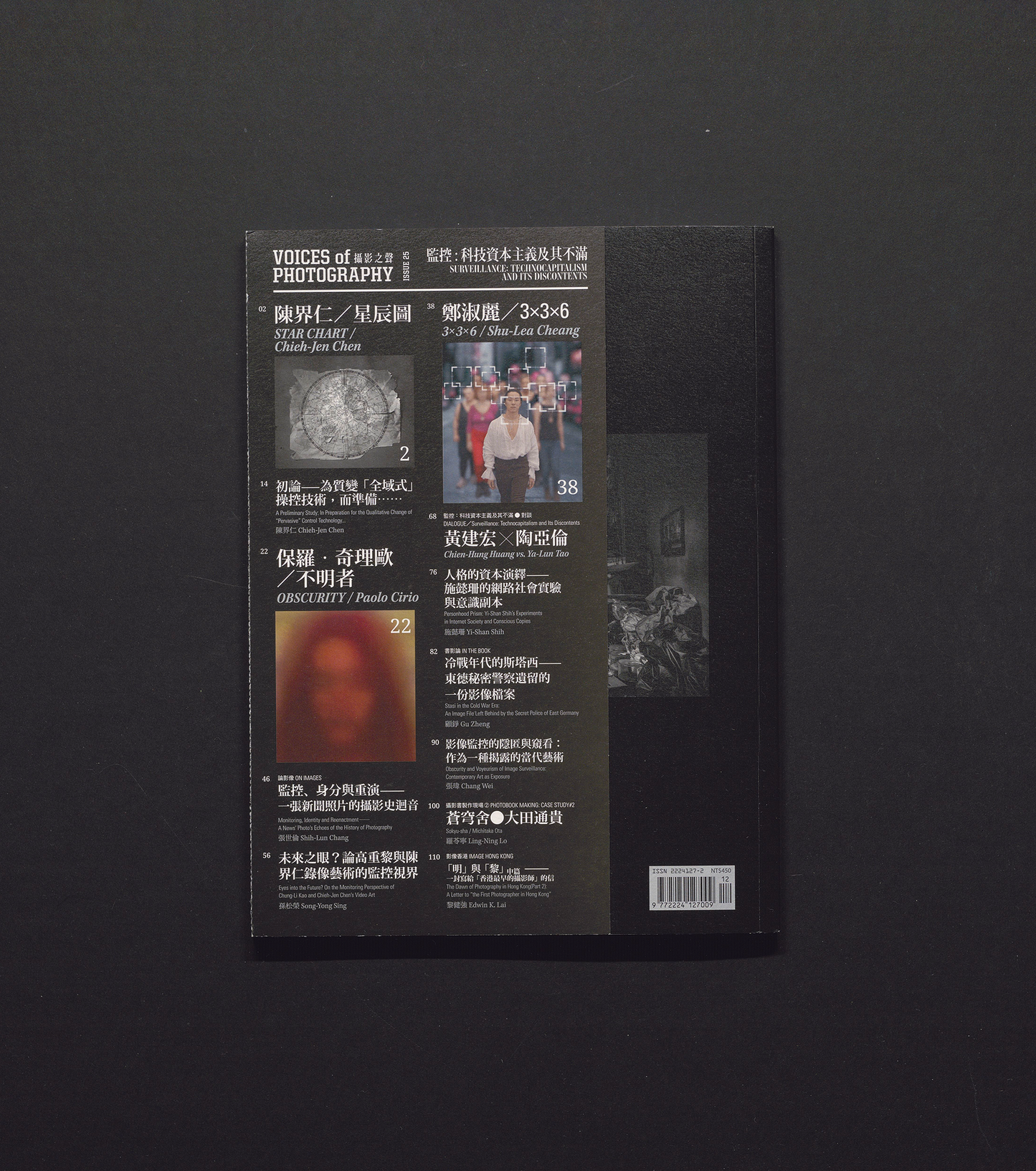
OTHER BOOKS
—




